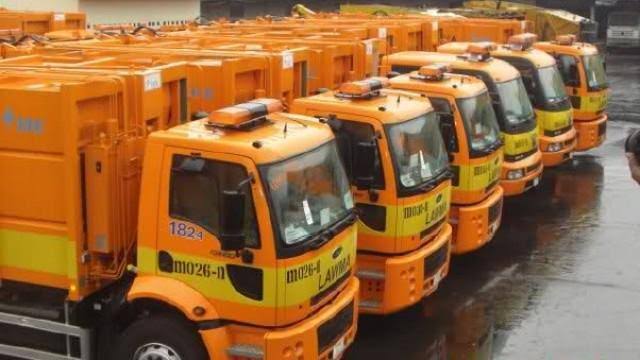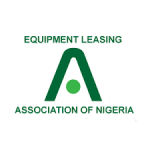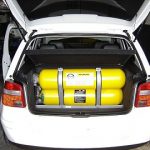The Lagos Waste Management Authority (LAWMA) is launching a new initiative to lease compactor trucks to Private Sector Participation (PSP) operators to improve waste collection and help create a cleaner Lagos. The scheme, announced by LAWMA’s Managing Director/CEO, Dr. Muyiwa Gbadegesin, is designed to address operational challenges faced by PSP operators due to rising costs and economic pressures.
In an interview with the News Agency of Nigeria (NAN), Gbadegesin explained that although the Lagos State Government provides monthly subsidies to PSP operators, the volatility in the foreign exchange market and soaring diesel prices have made waste management more difficult for operators. As a solution, LAWMA is developing an intervention program that will provide trucks on a lease basis to PSP operators, aiming to bridge the gaps in waste collection and improve service delivery.
Currently, LAWMA collaborates with 428 PSP operators who manage waste collection across Lagos, servicing over 40 routes at least twice or thrice daily. Despite this extensive coverage, the rapid growth of the city’s population continues to challenge the waste disposal system, highlighting the need for more efficient solutions.
Dr. Gbadegesin also emphasized the importance of community cooperation in maintaining a clean environment, urging residents to avoid indiscriminate waste dumping.
In addition to the truck leasing program, LAWMA has highlighted the significant economic potential of a well-structured circular economy. The agency estimates that Lagos could generate up to $2.5 billion annually by prioritizing recycling and reuse. Currently, the state disposes of about 13,000 tonnes of waste daily in landfills, but adopting a circular economy approach could divert up to 10,000 tonnes of waste per day for productive use, unlocking both environmental and economic benefits.
LAWMA is promoting waste sorting at the source and plans to establish community recycling centers where residents can exchange recyclable materials like PET bottles, paper, metals, and food waste for incentives, fostering a more sustainable and efficient waste management system across the state.










